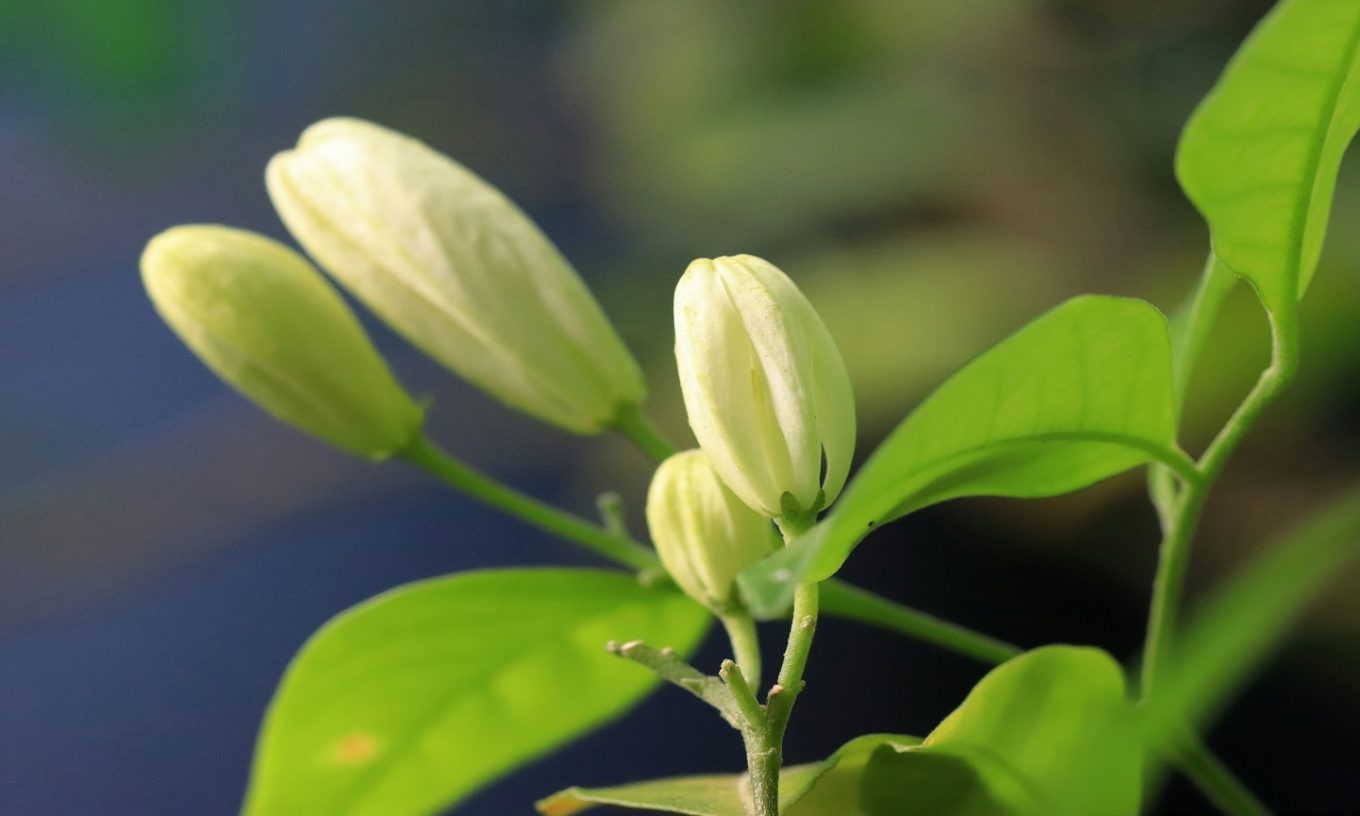Kannada: Mogalli Ganesh
Translation: Kamalakar Bhat
The Cinders of Her Heart
Her fireplace, like the flame inside her, was ablaze. Rice was boiling, just as her mind was. When the rice was cooked to perfection, she drained the excess water, wiped the sweat from her face, shifted the rice pot, and checked whether the lentils were done. Her anguish occasionally boiled over, and she strained to keep it in check. The fragrance of the cooked rice filled the air. The blaze danced in her eyes. She began grinding the spices. From the leafy curry she was making wafted a delicious aroma of spices, blended with her deep anguish.
The hall was filled with hungry diners. She served the dishes on each plate as if it were her own body she had cooked. The dish carried the salty taste of the tears shed by women for thousands of years. The flavor of her worn hands had infused the curry. The diners had long been oblivious to her; the children kept asking for more. She continued serving the food as the queue of diners grew ever longer.
Ironically, no one wondered whether those who cooked ever ate or merely swallowed air. In the well-cooked food mingled her sighs, loneliness, and pain, which the diners never noticed. Her very essence was the kitchen’s fireplace, the blaze within it, and the life it sustained. It was the soil that fed everyone’s hunger.
The Jasmines of Her Heart
At the crowded junction, people were on their toes, eager to cross the busy street. Vehicles roared past. When the pedestrian signal turned green, people rushed ahead, pushing forward, crisscrossing one another. A beautiful lady strode past, and the fresh jasmine flowers she had worn in her braid fell onto the zebra crossing. Even amid the chaos, he noticed it. Jasmines close to her heart were now exposed, vulnerable to being trampled by passersby. As he bent down to pick up the flowers, he was pushed aside. The signal changed for vehicles. Half the flowers were crushed under the speeding wheels, while the other half still shone fresh. Vehicles sped across as if over her heart, belching smoke.
He picked up the wounded flowers, feeling as if her blood smeared his hands. Holding them to his heart, he called out to the lovely lady who had worn them. She was already in the middle of the crowd, disappearing around the corner. Yet, the sentimental young man persisted. Nobody turned to look at him. He shouted, “Hello, stop,” unsure if he was addressing the right person. It felt absurd. Someone gestured to someone else about meeting the next day. The footpath, at that rush hour, was crowded with people in a great hurry. His sentimental eagerness belonged to a bygone era. Time had gained speed with the increasing mess of human life. He couldn’t bring himself to throw the flowers away. He began to fret. It was as if the flowers coaxed him to move on. The traffic lights on the road signaled red, amber, and green to the urbanites. No one looked at anyone, spoke to anyone—neither smiled at nor wept for anyone. No one waited for anyone or looked for anyone.
He held the flowers in his hand and stared at them. “Are these flowers thrown in my path by my God?” he wondered. He inhaled their intoxicating fragrance. “Perhaps God comes in the form of flowers out of his love for women and adorns their braids. That is why women yearn for flowers so much. Now, among these flowers, this God, and these women, what am I?” he asked himself. He was getting late for his office. Refusing to throw the flowers away, he secured them within the hidden depths of his mind and moved on. The road continued to be flooded with people. Now he was confident that nobody was alone in the world. Inside him, those flowers of hers were blooming.
***
Translator bio:
Kamalakar Bhat is a Professor and Head of the Postgraduate Department of English and Research Centre at Ahmednagar College in Maharashtra. A bilingual writer and a translator between English, Hindi, Marathi, and Kannada, he has published three poetry collections in Kannada: Churuparu Reshime (Silk Shreds, PUTINA Award, 2006), Mugiyada Madhyahna (Endless Noon, 2010), and Jagadajate Matukate (A Chat with the World, 2017). He has published three collections of translated verse in Kannada. He has edited three English books, including an anthology featuring international poets, and his translations have appeared in journals such as Indian Literature, Muse India, Ceasura, The Bombay Literary Magazine, Indian Cultural Forum, Outlook, Guftagu, The Wheel Wagon, and Prologue. In Kannada, he has written columns for Andolana, Kendasampige, and Eedina.com. His research papers have been published in esteemed national and international journals. Recognized for his creative contributions, Bhat has received the PUTINA Award (2006) and the BH Shridhar Award (2023). His works have appeared in Indian Literature, Muse India, AGNI, Outlook, Anam, TheWire.in, Scroll.in, Kitaab.org, The Bengaluru Review, and Seminar.
Photo by Sampath Liyanage on Unsplash





